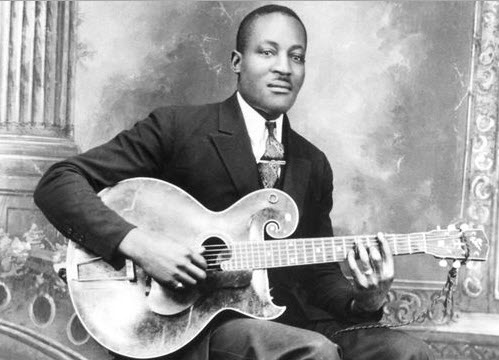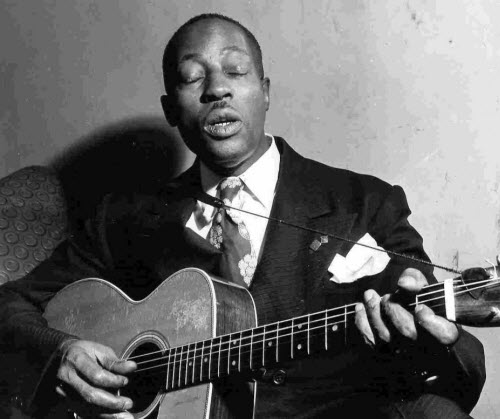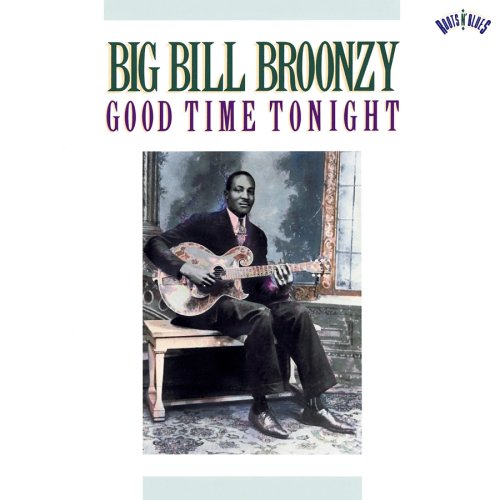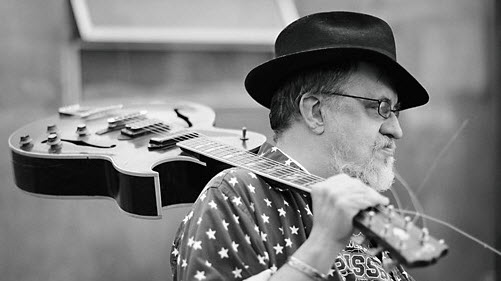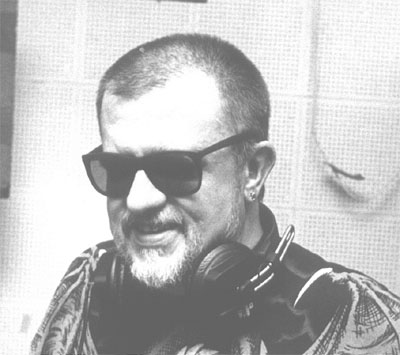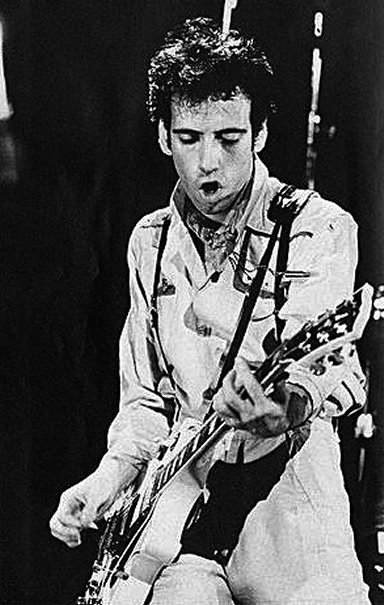I guess all songs is folk songs. I never heard no horse sing ’em.
~Big Bill BroonzyBlues is a natural fact, is something that a fellow lives. If you don’t live it you don’t have it. Young people have forgotten to cry the blues. Now they talk and get lawyers and things.
~Big Bill Broonzy
“Worried Man Blues,” “Hey, Hey” and “How You Want It Done.” From the DVD “A Musical Journey”:
Wikipedia:
| Birth name | Lee Conley Bradley |
|---|---|
| Also known as | Big Bill Broonzy, Big Bill Broomsley |
| Born | June 26, 1893 Lake Dick, Arkansas, U.S. |
| Died | August 14, 1958 (aged 65) Chicago, Illinois, U.S. |
| Genres | Folk music, country blues, Chicago blues, spirituals, protest songs |
| Occupations | Musician, songwriter, sharecropper, preacher |
| Instruments | Vocals, guitar, fiddle |
| Years active | 1927–1958 |
| Labels | Paramount, A.R.C., Bluebird, Vocalion, Folkways |
| Associated acts | Papa Charlie Jackson, Woody Guthrie, Pete Seeger |
Big Bill Broonzy (June 26, 1893 – August 15, 1958) was a prolific American blues singer, songwriter and guitarist. His career began in the 1920s when he played country blues to mostly African-American audiences. Through the ‘30s and ‘40s he successfully navigated a transition in style to a more urban blues sound popular with working class African-American audiences. In the 1950s a return to his traditional folk-blues roots made him one of the leading figures of the emerging American folk music revival and an international star. His long and varied career marks him as one of the key figures in the development of blues music in the 20th century.
Broonzy copyrighted more than 300 songs during his lifetime, including both adaptations of traditional folk songs and original blues songs. As a blues composer, he was unique in that his compositions reflected the many vantage points of his rural-to-urban experiences.
When Did You Leave Heaven:
(no.2 on Keith Richards “top 10 reggae and roots songs” – Rollingstone magazine)
Styles & Influences:
Broonzy’s own influences included the folk music, spirituals, work songs, ragtime music, hokum and country blues he heard growing up, and the styles of his contemporaries, including Jimmie Rodgers, Blind Blake, Son House, and Blind Lemon Jefferson. Broonzy combined all these influences into his own style of the blues that foreshadowed the post-war Chicago blues sound, later refined and popularized by artists such as Muddy Waters and Willie Dixon.
- In 1980, he was inducted into the first class of the Blues Hall of Fame along with 20 other of the world’s greatest blues legends.
- In 2007, he was inducted into the first class of the Gennett Records Walk of Fame along with 11 other musical greats including Louis Armstrong, Jelly Roll Morton, Gene Autry, Lawrence Welk and others.
- Broonzy as an acoustic guitar player, inspired Muddy Waters, Memphis Slim, Ray Davies, John Renbourn, Rory Gallagher, Ben Taylor, and Steve Howe
- In Q Magazine (September 2007) it is reported that Ronnie Wood of The Rolling Stones claims that Bill Broonzy’s track, “Guitar Shuffle”, is his favorite guitar music. Wood said, “It was one of the first tracks I learnt to play, but even to this day I can’t play it exactly right.”
- Eric Clapton has cited Bill Broonzy as a major inspiration: Broonzy “became like a role model for me, in terms of how to play the acoustic guitar.”
- During the benediction at the 2009 inauguration ceremony of President Barack Obama, the civil rights leader Rev. Dr. Joseph Lowery paraphrased Broonzy’s song “Black, Brown and White Blues”.
Album of the day:
Other June 26:
Continue reading Today: The late Big Bill Broonzy was born in 1893 – 120 years ago


